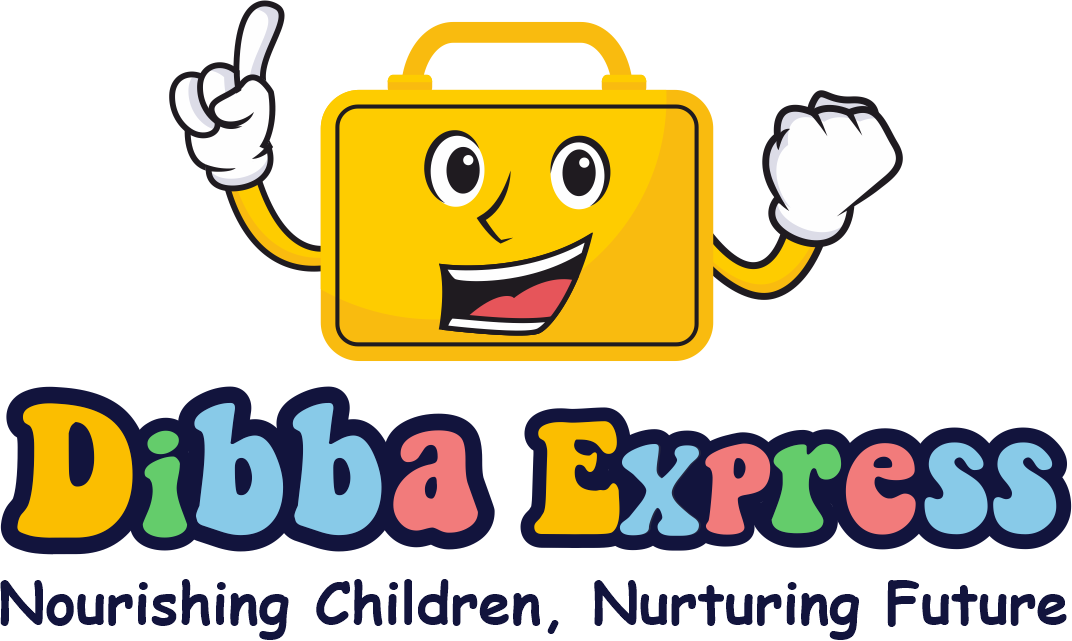Introduction:
Traditional Indian cuisine is a treasure trove of rich flavors and powerful nutrients that can benefit children immensely. Integrating these age-old foods into modern children’s diets not only preserves cultural heritage but also offers a myriad of health benefits. This blog explores how traditional Indian foods can be adapted to suit contemporary diets and how Dibba Express is making it easier for busy parents to maintain this nutritious legacy.
Benefits of Traditional Indian Foods:
Traditional Indian foods are known for their balanced use of spices and ingredients that promote health and well-being. Here are some of the key benefits:
- Turmeric: Contains curcumin, which has powerful anti-inflammatory and antioxidant properties.
- Lentils and Pulses: Rich sources of vegetarian protein, essential for muscle and tissue development in children.
- Yogurt (Curd): A staple in Indian diets, rich in probiotics that enhance gut health and improve digestion.
- Whole Grains (like millet and sorghum): Provide sustained energy and are packed with nutrients.
Cultural Relevance and Nutritional Impact:
Using traditional ingredients and cooking methods can greatly impact children’s nutrition. A study from the National Institute of Nutrition in India highlights how traditional plant-based diets are often more balanced and provide a range of phytonutrients that are sometimes lacking in more Westernized diets. Incorporating these foods into children’s diets can help address nutrient deficiencies and promote better health outcomes.
Dibba Express’s Approach to Traditional Foods:
Dibba Express celebrates the rich culinary heritage of India by incorporating traditional foods into its meal offerings for children. Here’s how:
- Menu Diversity: Dibba Express’s menus feature a variety of traditional dishes that are kid-friendly and nutritionally optimized. For example, dishes like vegetable khichdi or sabudana khichdi are not only familiar tastes for Indian children but also packed with nutrients suitable for their growing bodies.
- Educational Aspect: Each meal is an opportunity to educate children about the foods they eat. Dibba Express provides information on the origins of each dish and its health benefits, fostering a connection between the child and the traditional foods of their ancestors.
- Quality Ingredients: Only the freshest and locally sourced ingredients are used, mimicking the traditional way of cooking, which focuses on the natural flavors and nutritional benefits of each component.
Conclusion:
Integrating traditional Indian foods into the diets of modern children is a healthful bridge between past and present. By maintaining these dietary traditions, Dibba Express not only nurtures the body with wholesome foods but also the soul with the rich flavors of India. As we move forward, let’s embrace these traditions and provide our children with the best of both worlds.

